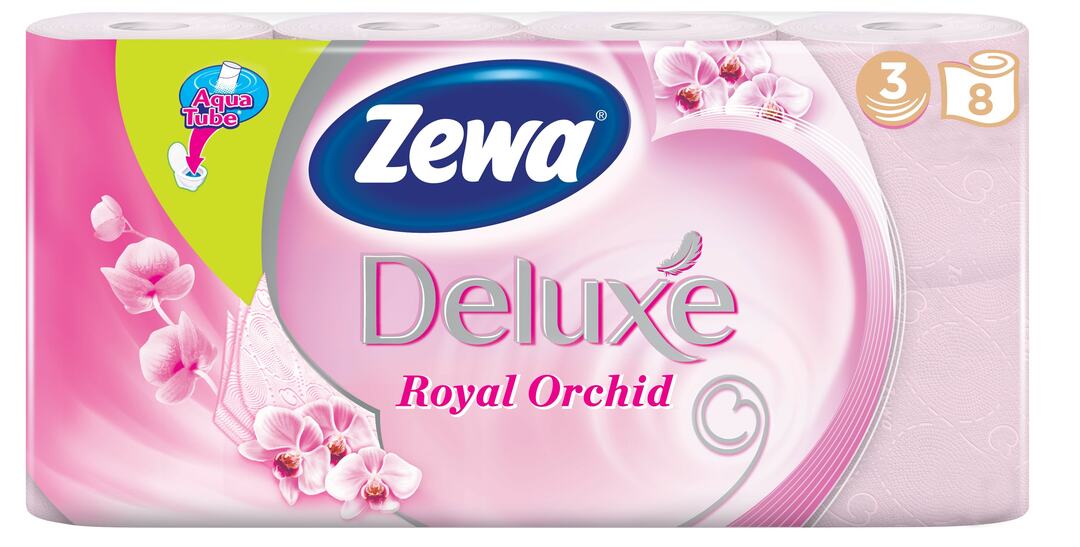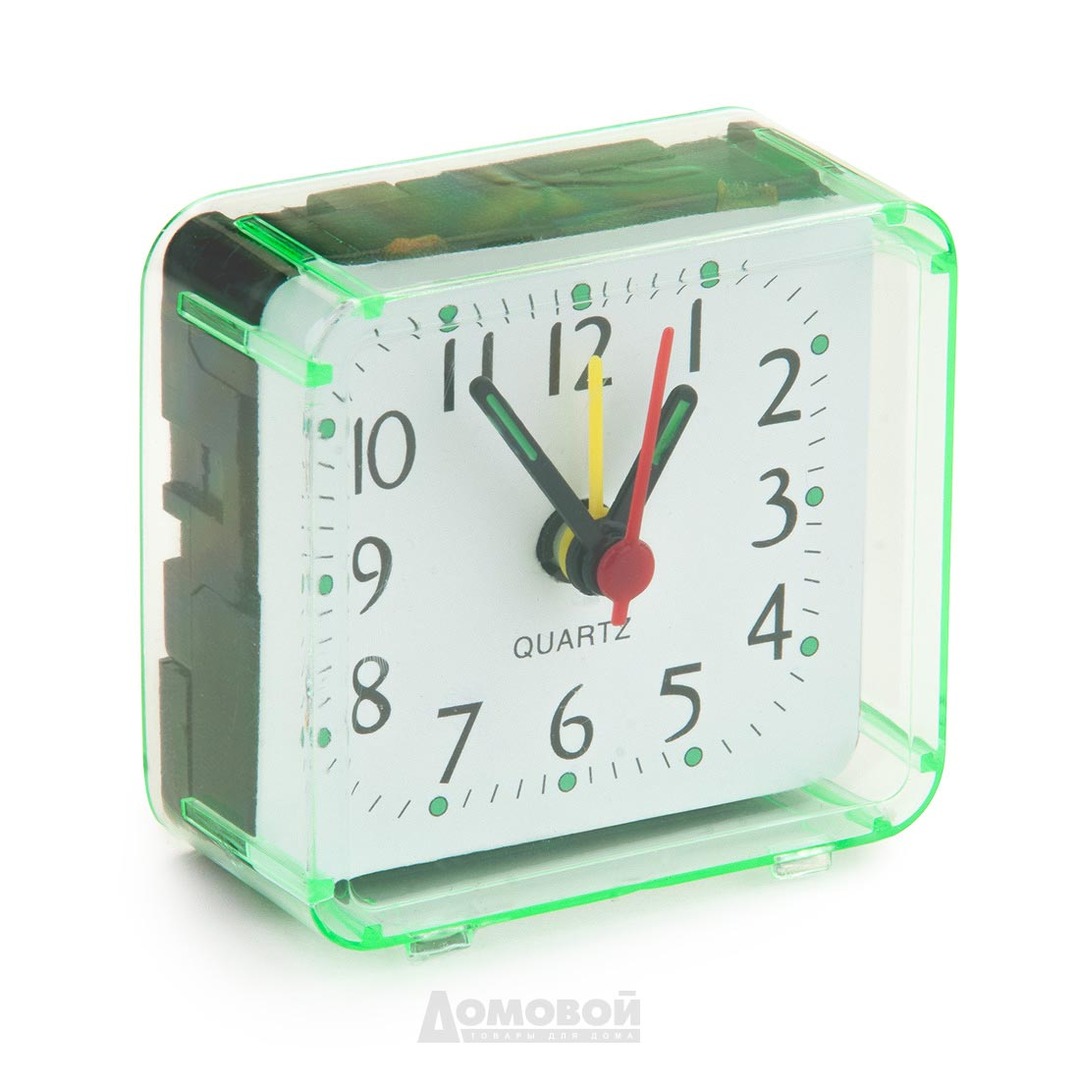Sewage in the house - well-designed, to the detail-designed system. It works stably and comfortably only if all of its links are correct, and the user complies with the rules of operation. The most simple, but very troublesome problem that happens - a blockage. Fortunately, in most cases it is possible to cope on their own at home.
The reasons for the formation of blockages in sewage pipes
To avoid problems with clogging up, it will be understood why they generally appear. Malfunctions sanitation may occur both for technical reasons and due to improper operation.

- The system is operated by the level difference of pipes, the difference of their diameters. It has no pumps, creating pressure, everything is "gravity". Therefore, the slightest miscalculation can lead to stagnation. If during the repair or rearrangement of kitchen furniture move drain pipes, it can also cause malfunction of sewage, and blockages can form over time.
- The most common cause of sewer blockages - large debris. The toilet is a rag, hygiene in the kitchen - at the large soluble food waste. Sometimes even small objects can cause problems. For example, if the inner surface of the pipes have nicks and scratches, trash can for them to catch and pass on.
- Another problem, which is always - the so-called sedimentation that affects mostly metal pipes. Fats, various slurry excrescence envelop the inner surface of the pipeline, their inner diameter gradually decreases until it is completely clogged.
Problems can be avoided by taking basic preventive measures. But if they have any, you can use vinegar and baking soda to clean the sewer pipes.
People's way of cleaning clogged - a combination of baking soda and vinegar
On the shelves with household cleaning products you can find many specialized tools from the blockage of water supply and drainage system. Most of them - this is serious-based cleaning acid. Such compositions should be used with extreme caution, strictly following the instructions. This is especially true of plastic products which have a low resistance to chemicals. In addition, the price of such funds is quite high.

If the blockage in the sewer just formed, have not compacted, it can be removed folk ways. Used acids and bases, various chemical and mechanical means. All of the field of elementary physics and chemistry. The surest way - to clean the sewer pipe soda and vinegar. These funds are inexpensive, have everyone in the house and are relatively safe.
The method is based on a chemical deacidification reaction, soda ash, as a result of which a significant amount of gas released. His blood pressure and is used to remove blockages in the sewer.
If the blockage superficial and insignificant, it can be removed as follows:
- In a deep container, combine equal parts baking soda and vinegar 9%. The mixture begins to boil and bubble.
- Pour it into the sink, close the drain with a cloth or a rubber stopper.

Fill cooked mixture into the sink - After 20-30 minutes, open the tube and gently spill flow of hot water.
In this situation, soda with an acid will start to operate from the surface penetrating gradually deeper. Gas, clogged externally, will penetrate into the dirt. This method is effective for a fresh "fluffy" blockage in the bathroom or in the kitchen. So you can quickly get rid not only of the problems with water run-off, and the odor that comes from the beginning of stagnant liquid and debris.
When the blockage is far away from the sink, to get to it more difficult. Especially if it is thick, long gathered and silt. combat the problem of the algorithm will be different:
- Prepare necessary materials: a glass of hot water, 100 ml of vinegar and 100% 9 g baking soda.
- Dilute soda water, pour the drain.
- After a few minutes pour the acetic acid solution.
- Close the outlet for 20-30 minutes stopper. If the problem is in the toilet - Close the lid of the toilet.
- After the allotted time, wash with all the hot water.
In this case, the dissolved soda first penetrate the obstruction body, slightly soaked it. When the acid gets into the sink, soda is already mixed with the dense medium. The reaction will take place throughout the volume of traffic jams. Gas will be liberated from inside to destroy the blockage. Thus, it is possible to effectively clean the sewer acetic acid and caustic soda.

The kitchen sink can change the order: firstly, to shed drain acid. Moreover, it should take a little more than soda. Part vinegar enter into independent reaction with fats, removing them. The remaining part will work with the major problem of the scheme described above.
"Soda and vinegar" method effective, but can not work the first time, if the magnitude of the problem are significant. You can try again immediately. When using special chemicals reprocessing in a row can not be carried out only after a while, so as not to damage the pipe. These tools are absolutely safe for sewer construction. With respect to plastic they are inert, and in order to cause corrosion of cast iron pipes, the concentration of acetic acid is insufficient. You can also increase the exposure time to the blockage. It is convenient to clean folk remedies before going to work or at night.
Recommendations for the prevention of blockages
If you enter drains foreign objects often comes as a surprise, the appearance of blockages by sedimentation can be prevented by 100%. If we summarize all the measures that can be taken for the prevention of blockages, the list will look like this:
- It is necessary to monitor compliance with the design parameters of the sewage system. If the "wet" point (plumbing or kitchen sinks) are transferred from the output locations of sewage riser, use special sanitary pumps designed specifically for these drains.
- Sewage is not intended for release of debris. Large items can score it. Do not allow the drain of personal care products, rags, cleaning and other food waste. leftovers better throw in a bucket, not in the sink. Modern shells are often equipped with built-in garbage grinders. It is very convenient.
- During repair and cleaning sewers should use professional tools and instruments. For example, polyethylene pipes can only clean the soft synthetic brushes which will not scratch their inner surface. Any scratches, chips, transitions of complex geometry can be a "threshold" for even small debris. Contamination can start to grow as crystal - with a grain of adhering to the tube.
- To avoid silting fats, should be prevented on a regular basis. Basically, if you do it often, just enough to spill hot water system. Some experts argue that in theory is too hot water can burn through the plastic pipe. But in practice, such an experience is not fixed. On sale are specialized tools designed to remove fat deposits it on the pipes. They can be used as needed.
- There is a theory that should not be fanatical scrape dishes before washing them. It is believed that small insoluble remnants of food as brushes will knock settling on the walls of the fat, thereby clearing pipes.

According to statisticians, the most common cause of blockages is the "human factor". It accidentally thrown away large items. If drainage is operated carefully, but still constantly clogged - it is likely to have problems in the structure itself. We must look for constructing the circuit, change the node level. More reliable in this case to establish a sanitary pump. The device costs about 10 thousand rubles, but is bought once and for all solve the clogging problem.
Proposed national methods of getting rid of clogging the riser and the water supply, will help you avoid big problems and costs associated with the replacement of the entire sewer system.



